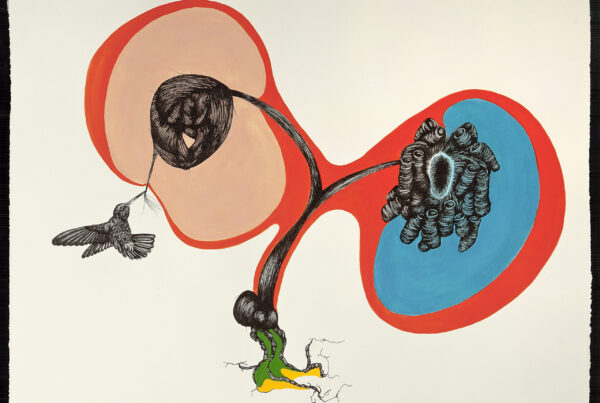By Gustavo García López, Isabelle Anguelovski and Ana Cañizares
A new Series exploring the intersections between urban green initiatives and environmental justice.
Urban green space and its association to health, well-being and quality of life has become an increasing concern in urban planning and policy since the 1990s, with the advent of the “smart growth,” “resilient city, and/or “eco-urbanism” paradigms. Today, “urban green space” or “green/blue infrastructure” –such as parks, playgrounds, urban gardens, coastal fronts and urban river banks– are central to redevelopment efforts in cities across the globe. At the same time, the emergence of climate change as a central problem has brought together these re-naturing efforts with initiatives for “climate mitigation and adaptation”, which often fall under the branding of “climate smart” cities and/or “resiliency” (e.g. the Rockefeller Foundation’s “100 Resilient Cities” initiative). These policies have begun to be scrutinized by critical scholars from urban geography, planning and political ecology, among others, for their effects on social equity and environmental justice. For some time, political ecology has shown how residents in cities are affected not only by unequal exposure to pollution, but also unequal access to green space. Now, green space itself seems to be turning into a threat through processes of green gentrification, also known as environmental or climate gentrification. Green space has become… a new form of “locally unwanted land use” (LULU), — a GreenLULU — in addition to the polluting industries and waste dumps.
This special series, a collaboration between the Undisciplined Environments political ecology blog, and the Green Inequalities blog from the Barcelona Lab for Urban Environmental Justice and Sustainability (BCNUEJ), seeks to highlight new research and reflections on the linkages between the dominant forms of “green” redevelopments taking place in cities and questions of urban environmental justice. Why and how have these transformations been taking place, and what are the socio-economic dynamics and political forces that have been shaping them? What challenges and opportunities these transformations present for integrating environmental concerns with those of social justice in cities? How do grassroots initiatives challenge dominant “green gentrification” processes and create more just and ecological urban environments? The series’ essays will be published simultaneously in both blogs every first and third Tuesday of each month.
In the first essay published today, Margarita Triguero-Mas, a BCNUEJ colleague working on healthy cities from a critical urban health perspective, explores Denver’s dramatic housing crisis and its relation to gentrification driven by urban redevelopment initiatives, where expanding parks and river restoration efforts have been central.
Gustavo García López is Assistant Researcher at the Center for Social Studies, University of Coimbra, and the Prince Claus Chair at the International Institute of Social Studies, The Hague. He is also an Assistant Professor in environmental planning at the Graduate School of Planning, University of Puerto Rico- Rio Piedras (on leave). He is co-founding member of the editorial collective of Undisciplined Environments.
Isabelle Anguelovski is Director of the Barcelona Lab on Urban Environmental Justice (BCNUEJ), an ICREA Research Professor, a Senior Researcher and Principal Investigator at the Institute of Environmental Science and Technology (ICTA) at the Autonomous University of Barcelona, and coordinator of the research group Healthy Cities and Environmental Justice at Barcelona’s Institut Hospital del Mar d’Investigacions Mèdiques (IMIM).
Ana Cañizares is Media and Communications Officer of BCNUEJ and editor of the Green Inequalities blog. She also works as a freelance architecture editor and journalist for various media outlets.






19 Comments